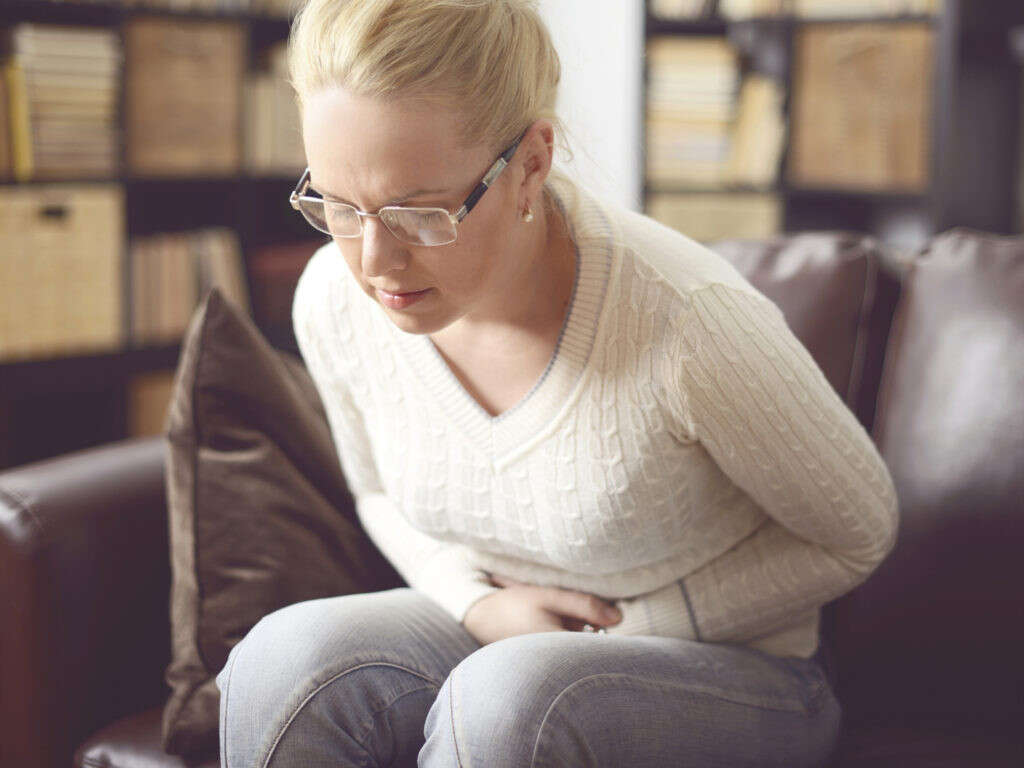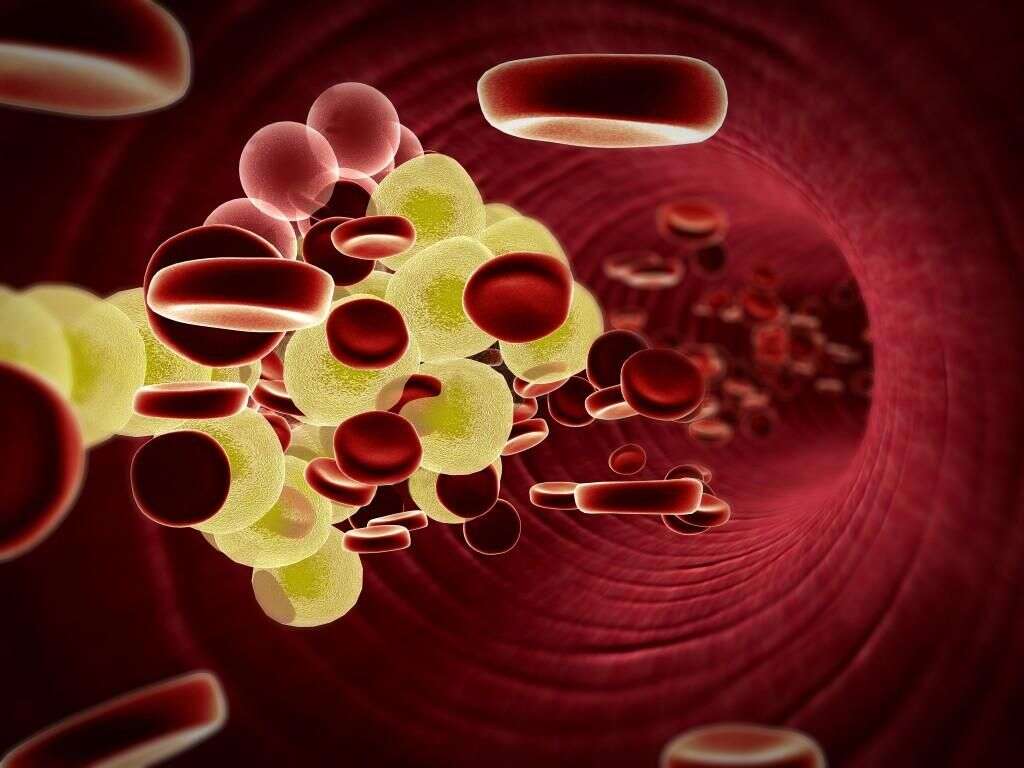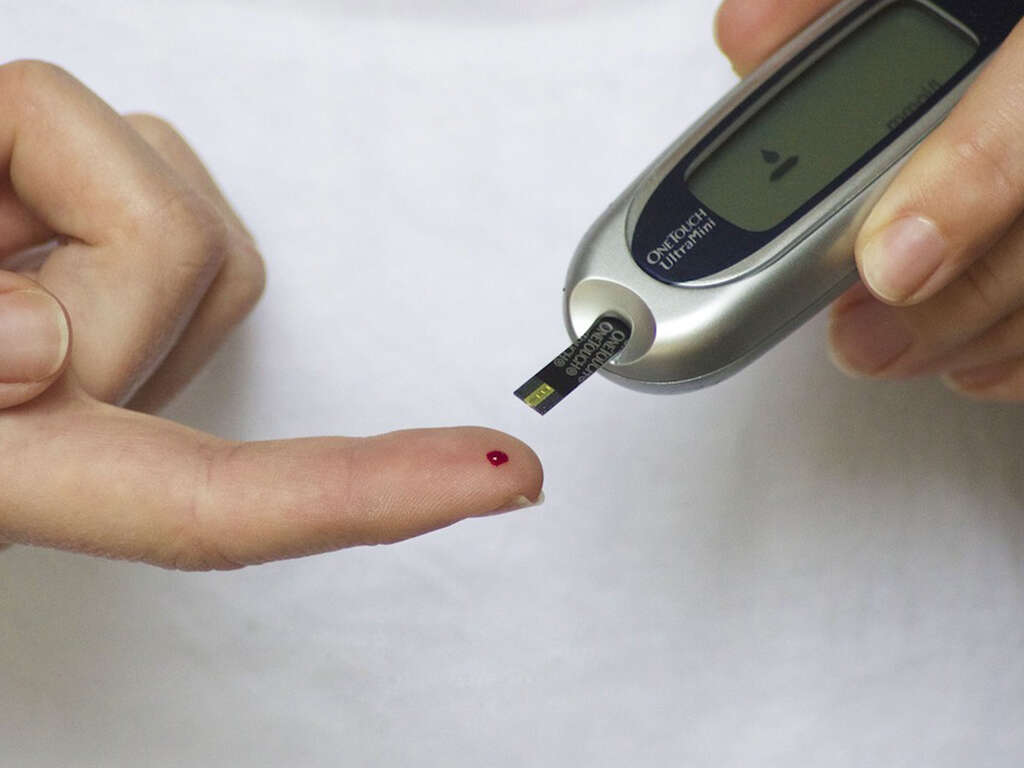What Is Hypercholesterolemia?
There are various types of fats in our body, and some are found flowing through our blood. Fats are actually very important for us, helping our bodies to function in so many ways. As important as they are for us, however, they can also be bad for us if we have too many of them.
One type of fat found flowing through our blood is cholesterol. There are two main types of cholesterol, one of which can be very bad for us indeed if there is too much of it in our blood. This is a condition that is known as hypercholesterolemia, and it is very common.
1. Hypercholesterolemia
Hypercholesterolemia is the medical term for high cholesterol levels. It typically means high level of LDL cholesterols, which is the bad variety. This type of cholesterol can accumulate on the walls of the patient’s blood vessels. This can then result in a condition known as atherosclerosis.
Atherosclerosis is a condition where the patient’s arteries have become harder, and also narrower due to the buildup of cholesterol. This will impede the flow of blood to a point where it can cause some very serious problems. There are 3 main causes of hypercholesterolemia, all of which have the potential to be deadly.
2. Familial Hypercholesterolemia
Familial hypercholesterolemia is an inherited condition; it cannot be contracted in any other way. In most cases, the gene will only have been passed down from one parent. In other cases, it can be passed down by both parents. When the gene is passed on by both parents, the patients’ symptoms are likely to be worse.
Familial hypercholesterolemia is a condition where the patient is not able to process these cholesterol as well as they would usually be able to. With the body unable to process the ‘bad’ cholesterols, so they will begin to accumulate in the patient’s blood vessels. This can cause the blood vessels to become blocked, and this can lead to conditions like heart failure and other potentially serious complications.

3. Medical Causes
Hypercholesterolemia can also sometimes be caused by other medical conditions that increase the levels of cholesterol. Some of these conditions are bought on by the patient’s lifestyle choices, whereas others are medical conditions that cannot be avoided in many cases. Such conditions include hypothyroidism, diabetes mellitus type 2, alcohol abuse, obesity, anorexia nervosa, Cushing’s syndrome, nephrotic syndrome, and dialysis.
In addition, some types of medication can also contribute to the problem. These include some diuretics, betablockers, anticonvulsants, antipsychotics, and some medications for HIV. People that have these medical conditions and/or use these medications will need to check regular check-ups to be on the safe side.
4. Diet
One of the main contributors to high cholesterol levels is the patient’s diet. Some cholesterols are produced by our own bodies, but a lot of the cholesterols in our body will have come from what we eat. Thus, people are often advised to avoid a high cholesterol diet in order to help keep their cholesterol levels at safe levels.
However, the body will often overcompensate if the amount of cholesterol we consume is decreased, resulting in higher cholesterol levels overall. This might explain why hypercholesterolemia is a problem for people with anorexia nervosa. It is thought that HDL cholesterols can help to reduce the levels of LDL cholesterols in the blood.

5. Symptoms
People with hypercholesterolemia will show no symptoms. In some ways this is not a good thing because it means the patient is unlikely to seek treatment. In the meantime, the condition can get gradually worse without the patient being aware of it. They may not know a thing until they develop a serious problem.
This means that it is a good idea to get regular check-ups. Lipid panel tests are readily available and will help check for the levels of cholesterols and other fats in your blood. However, in cases of familial hypercholesterolemia, the condition will often be diagnosed when the patient is still young.
6. Angina
If the supply of blood to the heart’s muscles is affected, then it could cause a condition known as angina. This typically causes the patient to feel a sharp pain in their heart, which can be quite alarming when it first develops. The pain is likely to pass after a short while, however.
Angina is in itself not usually a serious condition, although it can be very uncomfortable. However, angina is an indicator that there is a problem with your circulatory system. It often points to a potentially serious underlying cause, so it is something that you should get checked out as soon as possible.
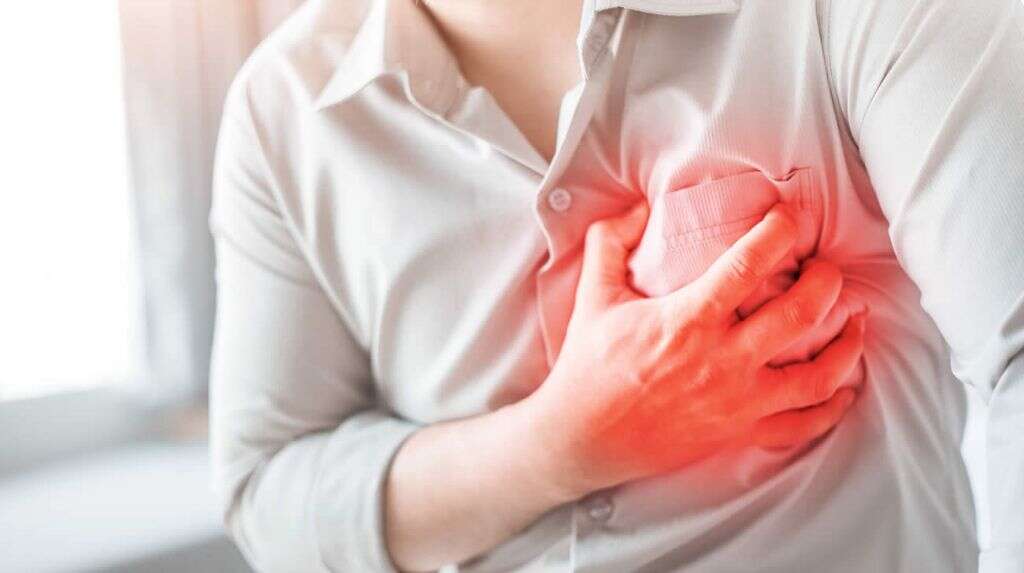
7. Stroke
Our brains are one of the most resource hungry organs in our bodies. It is also one of the most essential, and a serious problem with the patient can spell serious trouble for the patient. Some patients will develop a blockage in the blood vessels feeding the brain, and this can be very serious indeed.
If the flow of blood to the brain is interrupted, it can cause a stroke. This is when the brain stops working momentarily, and permanent damage to the brain can result. The overall result can range from some rather mild effects, to being a serious threat to the patient’s life.
8. Heart Attack
Our hearts are made mostly of muscle, and this muscle needs a constant supply of blood. If the flow of blood to the heart was to stop, then the heart would stop pumping. This is known as a heart attack and it is an extremely serious condition. It can be fatal, so the patient should be found medical assistance immediately.
Atherosclerosis means plaques will form on artery walls, and these can be torn away. This can then result in a blood clot forming at the site that can then be dislodged and travel through the circulatory system. These blood clots can then become lodged downstream, potentially blocking the flow of blood to the heart.
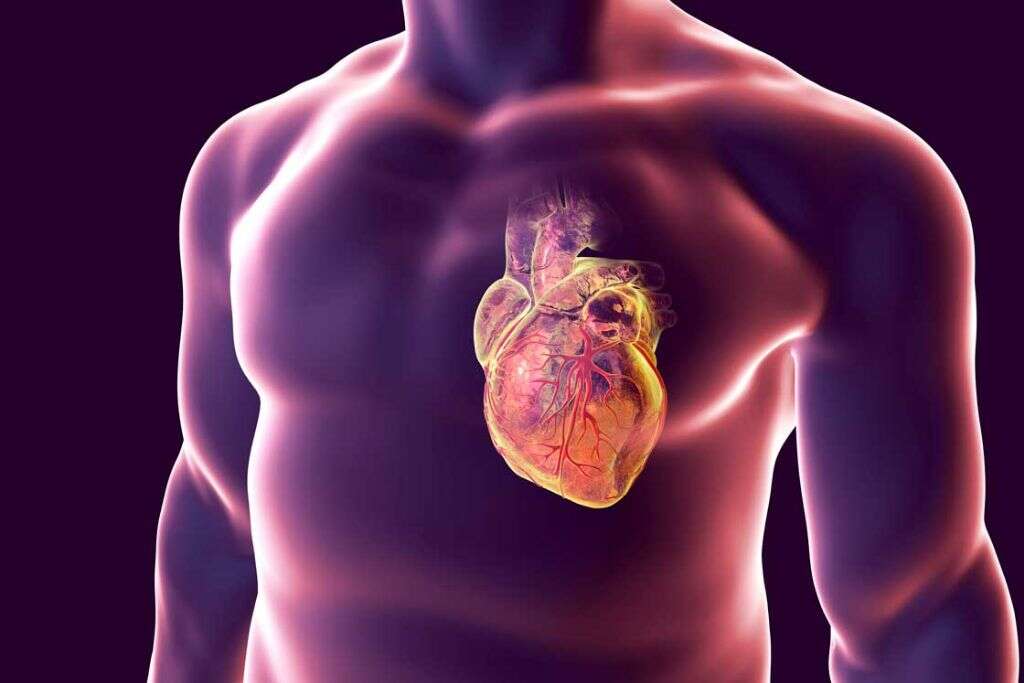
9. Lifestyle Changes
Perhaps the best treatment for high cholesterol levels is to make lifestyle changes that lead to a healthier way of living. This partly means getting enough exercise, and even a relatively modest amount of exercise can result in a considerable boon the patient’s health.
A healthy diet is also important, particularly one that is low in saturated fats. Getting plenty of soluble fiber that can be found in fruits and vegetables will also be very beneficial. Maintaining a healthy body weight will also help to reduce your cholesterol levels, and cutting down on carbohydrates can help to keep your weight down.
10. Medication
Some people might need medication to help manage their condition, particularly those with familial hypercholesterolemia. There are various different types, including medication that can help limit how much cholesterol is absorbed from your food. Other medications are available that will encourage your liver to use more cholesterols for the production of bile acids.
Statins are the most common type of medication for the condition, which prevents the liver from making more cholesterol. This also means the liver will take cholesterol from the blood instead. More recent medication can be used that will help the liver absorb more LDL cholesterols from the blood. Medications for the condition will also often be used in conjunction with others.




